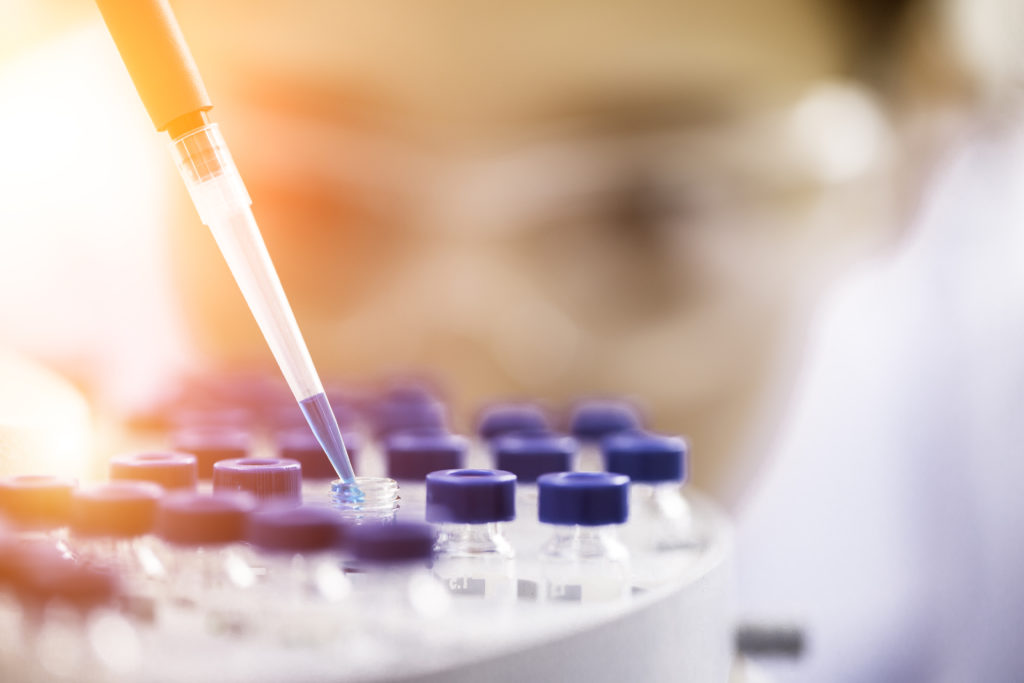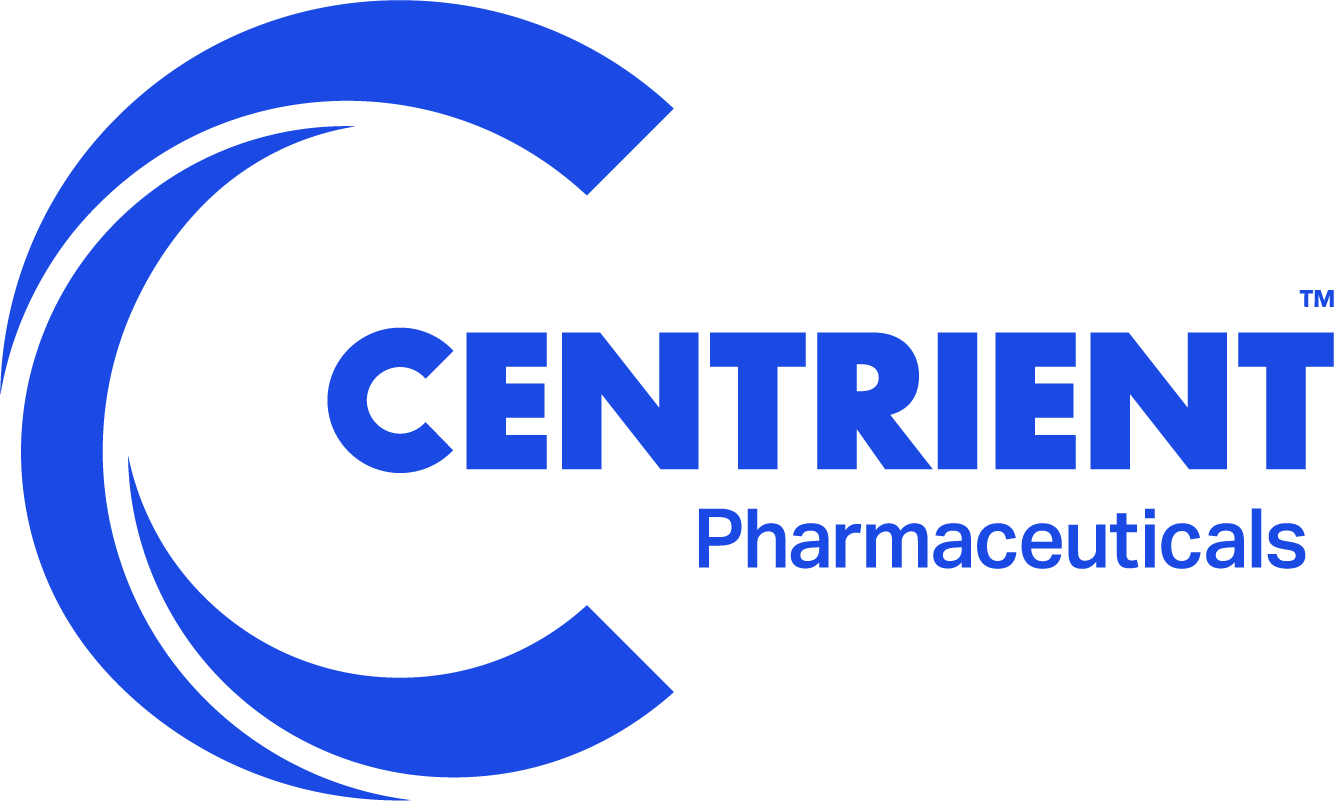DSM – Sustainably-produced Antibiotics


Health needs
Common practice in today’s pharmaceutical manufacturing industry requires large volumes of chemical solvents, produces millions of tonnes of CO2 emissions, and could contribute to the growing threat of AMR through the release of Active Pharmaceutical Ingredients into the environment.
Irresponsible manufacturing has been recognized as a potential cause of AMR due to the uncontrolled release of antibiotics into the environment. In particular, waterways downstream of production facilities may contain high concentrations of antimicrobial activity, and risk becoming breeding grounds for resistance.
Initiative’s objective
As part of DSP’s commitment to sustainability and fighting AMR through minimizing the environmental impact from antibiotics manufacturing, DSP is actively seeking to promote green, enzymatic routes for production of beta-lactam (SSP and SSC) antibiotics, utilizing patented technology, besides executing dedicated wastewater treatment for all manufacturing plants and implementing frequent antimicrobial activity tests to its effluent.
Initiative’s description
In 2000, DSP built a new plant for the production of antibiotics intermediates in Delft, the Netherlands, which was designed to be the most efficient of its kind in the world. It applied a number of technological innovations, such as DSP’s unique, patented fermentative and enzymatic process. This approach, which has no need for chemical solvents, is more environmentally sustainable and has a much smaller carbon footprint than production methods used elsewhere. By 2011, the enzymatic production of Active Pharmaceutical Ingredients had been rolled out globally to DSP’s manufacturing sites for beta-lactam (SSP and SSC) antibiotics in China, India, Spain and Mexico.
Beyond eliminating solvents, and improving energy efficiency, the company is committed to minimizing the release of antimicrobial active ingredients into the environment. The Delft site’s dedicated wastewater treatment facility, which was introduced in the late 80’s already, has since been operating all year-round 24/7 as an integral part of the manufacturing process. The concept of dedicated wastewater treatment was extended to all other antibiotic production sites globally.
In 2015, DSP developed its own test to measure concentrations of antibiotic activity in effluent as a first step in defining the actual efficacy of its wastewater treatment. This test was rolled out to all its manufacturing sites in 2016. DSP is willing to support in establishing science-driven, risk-based targets for discharge concentrations for antibiotics and good practice methods to reduce environmental impact of manufacturing discharges by 2020.
